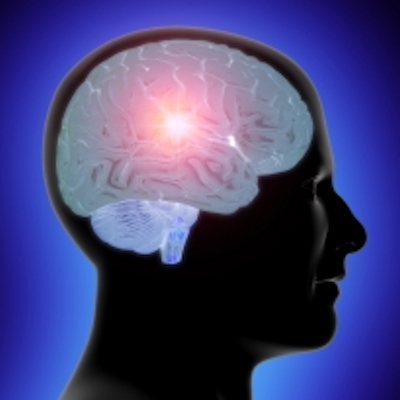March 24, 2023 -- By combing through genomic data from more than one million people, scientists have identified genes commonly inherited across addiction disorders, regardless of the substance being used.
The dataset may help reveal new treatment targets across multiple substance use disorders, including for people diagnosed with more than one disorder, according to the National Institutes of Health (NIH), which provided support for the study.
The findings also reinforce the role of the dopamine system in addiction, NIH said, by showing that the combination of genes underlying addiction disorders was also associated with regulation of dopamine signaling.
Published this week in Nature Mental Health, the study was led by researchers at Washington University in St. Louis, along with more than 150 coauthors from around the world.
There has been limited knowledge of the molecular genetic underpinnings of addiction until now. Furthermore, most clinical trials and behavioral studies have focused on individual substances, rather than addiction more broadly.
"Genetics play a key role in determining health throughout our lives, but they are not destiny," NIDA director Dr. Nora Volkow said in a statement. "Our hope with genomic studies is to further illuminate factors that may protect or predispose a person to substance use disorders – knowledge that can be used to expand preventative services and empower individuals to make informed decisions about drug use. A better understanding of genetics also brings us one step closer to developing personalized interventions that are tailored to an individual's unique biology, environment, and lived experience in order to provide the most benefits."
Substance use disorders are heritable and influenced by complex interactions among multiple genes and environmental factors. In recent decades, genome-wide association has emerged in the attempt to identify specific genes involved in certain disorders. This method involves searching entire genomes for regions of genetic variation, called single-nucleotide polymorphisms (SNPs), that associate with the same disease, disorder, condition, or behavior among multiple people.
In their study, researchers used the method to pinpoint areas in the genome associated with general addiction risk, as well as the risk of specific substance use disorders – namely, alcohol, nicotine, cannabis, and opioid use disorders – in a sample of 1,025,550 individuals with genes indicating European ancestry and 92,630 individuals with genes indicating African ancestry.
The research team discovered various molecular patterns underlying addiction, including 19 independent SNPs significantly associated with general addiction risk and 47 SNPs for specific substance disorders among the European ancestry sample.
The strongest gene signals consistent across the various disorders mapped to areas in the genome known to control regulation of dopamine signaling, suggesting that genetic variation in dopamine signaling regulation rather than in dopamine signaling itself is central to addiction risk.
Compared to other genetic predictors, the genomic pattern identified here was also a more sensitive predictor of having two or more substance use disorders at once.
The genomic pattern also predicted higher risk of mental and physical illness, including psychiatric disorders, suicidal behavior, respiratory disease, heart disease, and chronic pain conditions. In children aged nine or 10 years without any experience of substance use, these genes correlated with parental substance use and externalizing behavior.
The findings outlined in the Nature Mental Health study could lead to more effective prevention and treatment strategies for multiple substance use disorders, NIH said.
The study was supported by the National Institute on Drug Abuse (NIDA), the National Institute on Alcohol Abuse and Alcoholism (NIAAA), the National Institute of Mental Health (NIMH), the Eunice Kennedy Shriver National Institute of Child Health and Human Development, and the National Institute on Aging.
Copyright © 2023 scienceboard.net









